SAMSUNG Chromebook 4 11.6″ Intel Celeron Processor N4000 4GB RAM 32GB eMMC Intel UHD Graphics 600 – XE310XBA-K01US (Google Classroom Ready)
Google Classroom Compatible! The excellent of Samsung meets the accessibility of Chrome OS. Its all-new light and compact layout lets you flow, work, create, and play on a quick, at ease device designed to take anywhere. This item turned into manufactured in 2020.

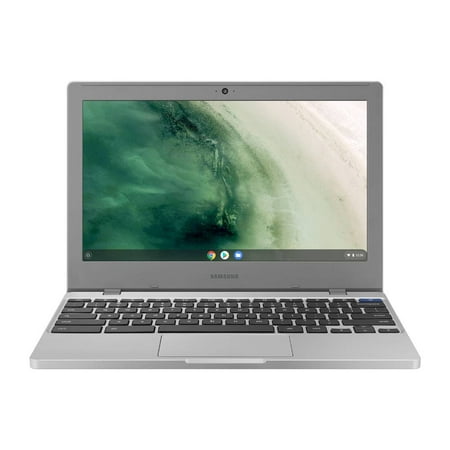
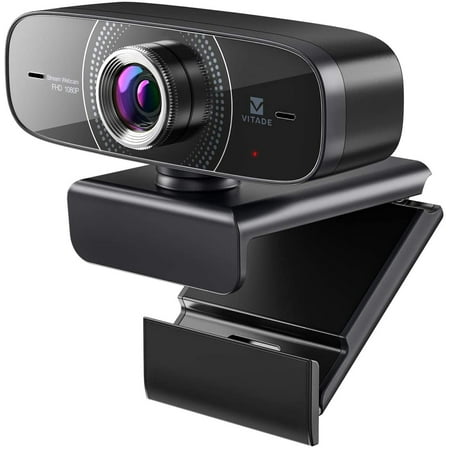
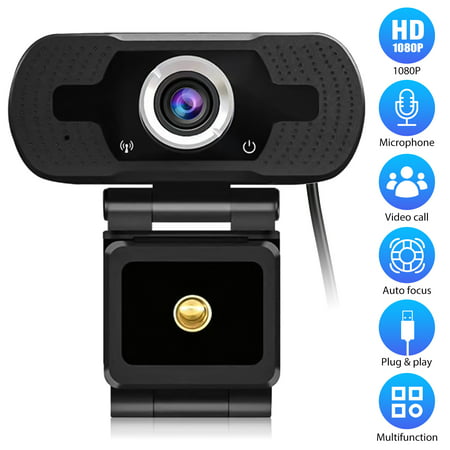

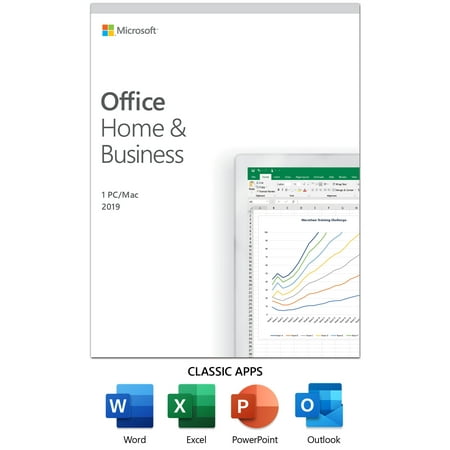

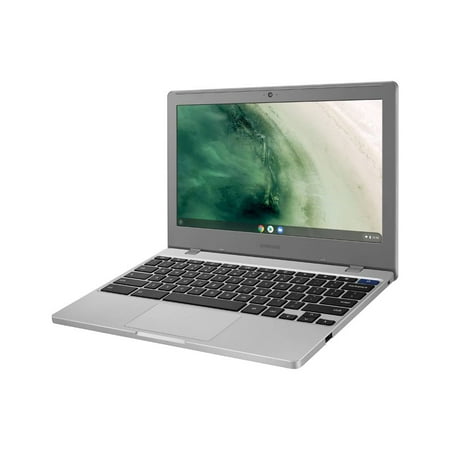

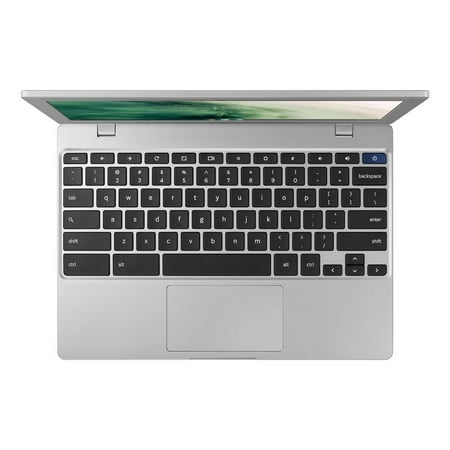
Reviews
There are no reviews yet.